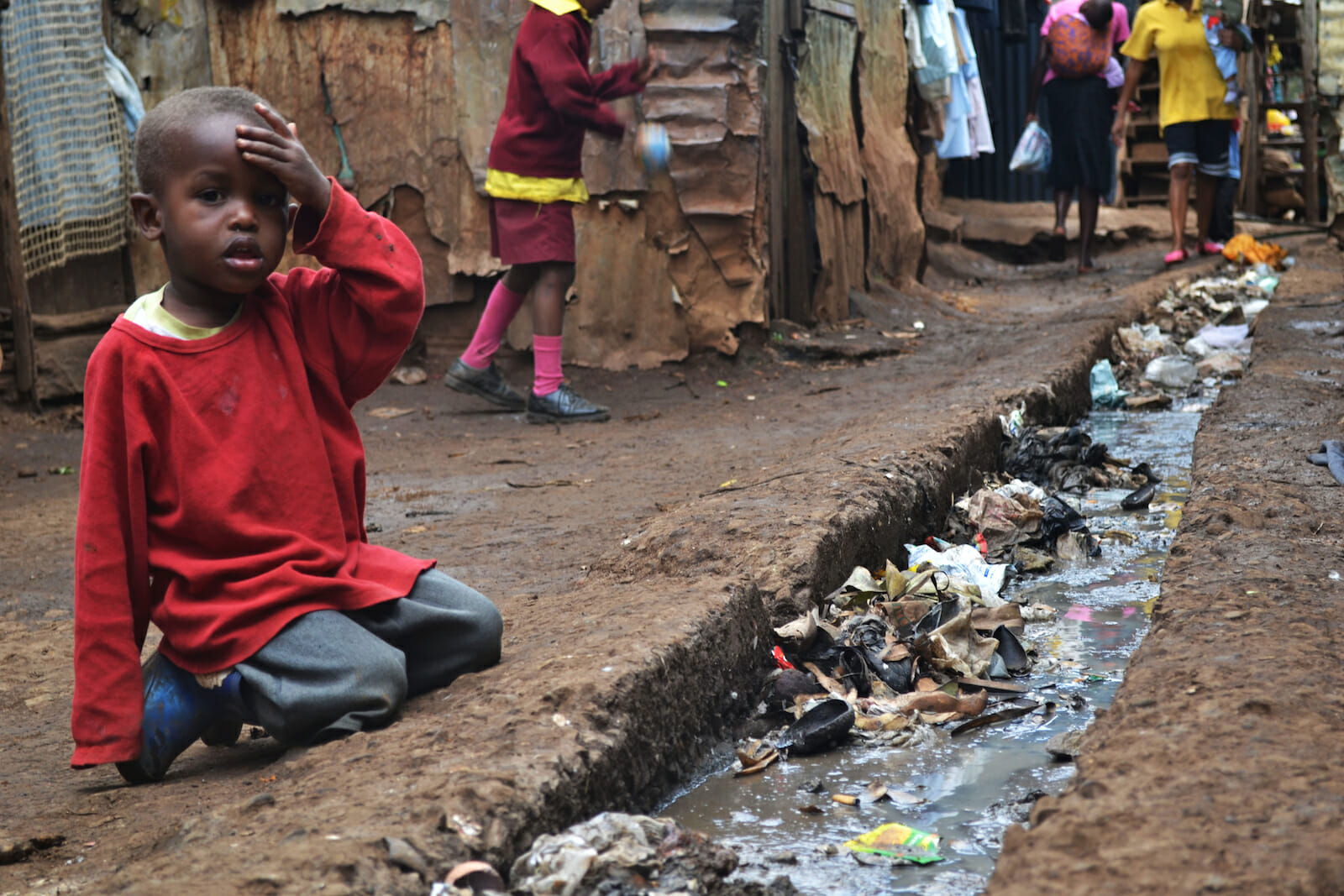
Kenya’s New Constitution and Electoral Reforms
One of the most important questions facing Kenyans since the sobering aftermath of the 2008 post-election violence is how to put back together the fragile pieces of the country. Violence stemming from tribalism, historical inequalities and a plethora of economic injustices such as poverty, inequality, unemployment and youth underemployment, resulted in the eruption of devastation that is still fresh in the minds of many.
Widespread controversy over the legitimacy of the 2007 election results produced the boiling point in which a cauldron of historical tensions unleashed its insidious rage, resulting in up to 2,000 people killed, over 300,000 people displaced and an estimated $1.5 billion in losses to the economy. However, a new constitution for Kenya has emerged as a guiding light for next year’s general election. The challenge now is how to hold the pieces put in place by the Constitution and implement the much-needed reforms that it calls for.
Although much can be said about the ethnic and historical roots of the violence, equally important were missing checks and balances against the executive authority during the last election. Corruption continued to be widespread and unpunished under Kenya’s third president, Mwai Kibaki. He appointed six judges, two to the High Court, mere days before the election and he unilaterally picked the Election Commission for oversight. Even if the election results were indeed legitimate, the abuse of power in authority casts an ominous shadow over any semblance of accountability.
A power-sharing coalition government was finally agreed upon in 2008 after mediation by former UN Secretary General Kofi Anan. The violence has subsided and Kenya’s economy has recovered from the setback, particularly the vital tourism industry. The economy is set to grow by over 5% next year and investment continues to flow through Nairobi.
However, many analysts in Kenya warned that the country has not escaped the threat of election violence and ethnic conflict in the upcoming election. This is particularly true given factors such as the spill over effects of the global recession, severe drought, and rising inflation, which most recently rose to 14.49 % in May. Furthermore, corruption is so enshrined in Kenya that a recent government audit report uncovered KSh 7 billion (about $77 million) mysteriously missing from government coffers and unable to be traced to last year’s finances. The Ministry of Education had been implicated recently when it was discovered that KSh 4.2 billion ($46 million) intended for free primary education was pocketed by officials.
Nevertheless, there is one ray of hope that Kenyans are eager to point to as a sign of progress and a foundation for a just and prosperous future. The new Constitution was passed by referendum in August 2010 with two-thirds of the popular vote. Indeed, Kenyans have reason for optimism given the broad checks and balances enshrined in terms of devolution of power, human rights, gender parity, powers of the executive, an independent judiciary, a two-tiered parliament, and many oversight bodies to ensure transparency and accountability. Constitutional oversight committees will come at a cost, at an estimated KSh 3.1 billion ($34 million) per year in salaries.
But if you ask Kenyans, it is a figure worth paying to save the country from slipping back into historical tendencies of corruption. Moreover, the recently appointed Chief Justice Dr. Willy Mutunga is a progressive human rights activist who is sure to implement Kenya’s laws to the highest of international standards. Furthermore, President Kibaki has announced an Open Data Portal for access to information, the first of its kind in Sub-Saharan Africa. Although things are looking brighter for Kenyan politics, there are still major issues that must be resolved before next year’s election. The Constitution lays out the provisions for the appointment of an Independent Electoral Boundaries Commission (IEBC) to oversee the election and the transformation of Kenya’s provincial system to one in which 80 different counties have a greater say in the political process.
However, the scandal has already erupted with delays in appointing the Commission, which is yet to be completely chosen and still awaits approval by the President and the Prime Minister.
Most importantly, eleven crucial bills relating to the Constitution and electoral reform are yet to be debated upon with a deadline looming for August 26th. MPs are considering lumping together reform Bills in order to pass them before the coming deadline. The Constitutional Implementation Oversight Committee called an emergency meeting to discuss ways of implementing the necessary bills faster. Indeed, it is a frightening prospect that Kenya may go into its next election without the necessary Constitutional bills passed, leaving the door open for a repeat of post-election violence.
Apart from the Constitution, a recent agreement between the East African Community (EAC) members was passed to oversee elections for members. This means that Rwanda, Burundi, Uganda and Tanzania will all have the opportunity to observe Kenya’s next election. How the observation of a democratic election by countries that are substantively less democratic leave many questions to be answered.
There are still a few details that remain unclear for next year’s election. The devolution of provinces into counties is still in its infant stages and will be a major challenge the IEBC will be faced with. If the current trial at The Hague of Finance Minister and Deputy Prime Minister Uhuru Kenyatta for crimes in the post-election violence, along with 5 others, results in a conviction he can say goodbye to his aspirations of running for President. Most puzzling is that the election date is not even clear. It is either in August 2012 or early 2013, depending on which expert you ask according to Constitutional technicalities. This may be of little relevance if Odinga continues to hold his comfortable lead, which according to recent polls is at 42% of the vote, largely due to his youth-backed message of “change.” However, there is already signs of revolt within his ODM party.
One thing is clear, however, and that is that Kenyans have a lot more optimism these days with the new Constitution. As a future investment hub for Africa, along with Lagos and Johannesburg, Kenya must continue to align progressive political reforms with economic growth. Constitutional democracy is a lesson that many of Kenya’s neighbours can learn from. It is up to Kenyans to show them how it can be done.

